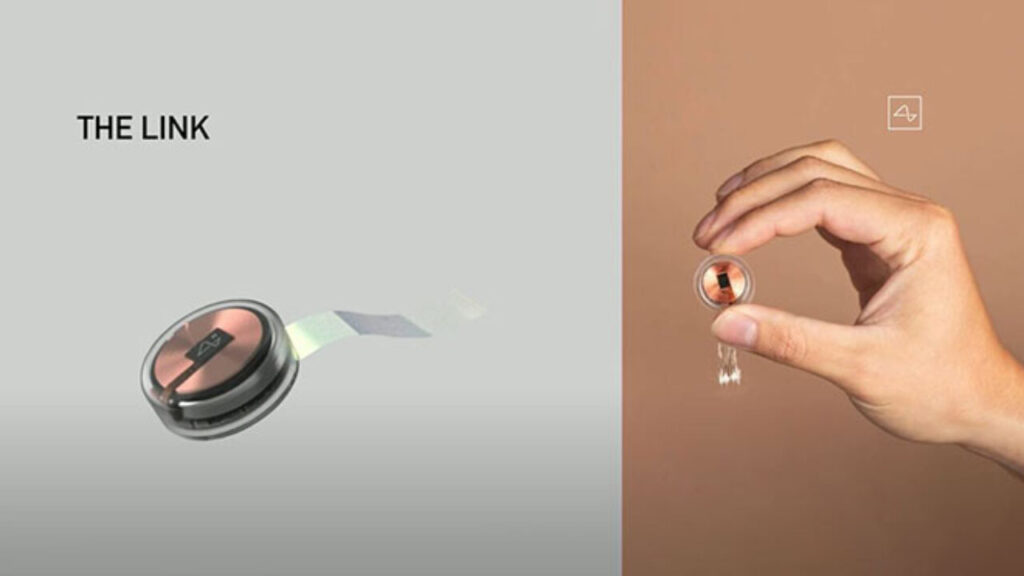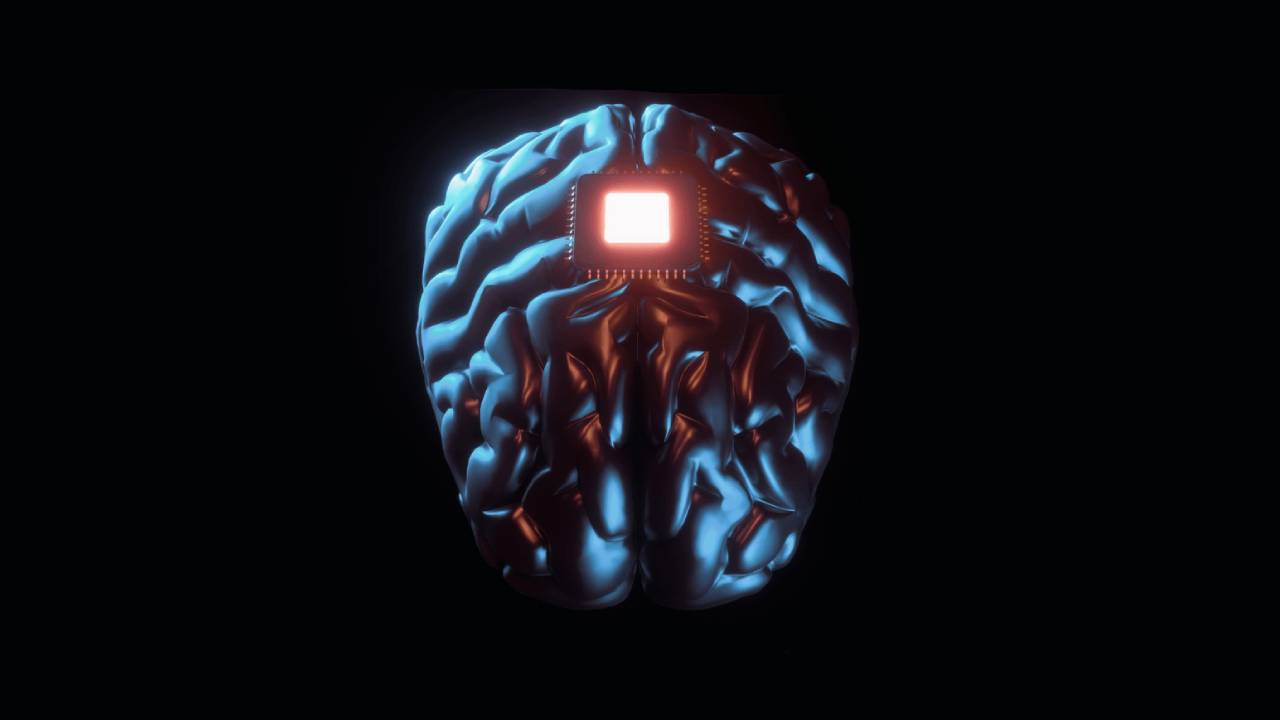Neuralink, the company owned by Elon Musk, often makes headlines for its work on brain-computer interface technologies. Its main goal is to directly connect the human brain with computers to enable interaction between the brain and artificial intelligence. Initially, Neuralink aims to achieve this by treating neurological disorders with the help of its developed implant. Today, the company has successfully obtained the necessary permission.
Neuralink begins human experiments after animal trials!
The chip, named N1, developed by Neuralink in the form of an implant, aims to enhance human cognitive capacities, treat neurological disorders, and eventually compete with artificial intelligence.

The application process is actually quite simple. A brain surgeon places this implant, consisting of thin electrode wires, in a position where it can send and receive electrical signals to and from the brain’s nerve cells. The rest is in the skillful hands of Musk’s team.
One of the primary goals behind the development of this chip by Neuralink is to better understand the complex thought processes of the human brain and assist in the treatment of brain disorders. They chose to start with human experiments in order to achieve something significant for the sake of science.
So far, the tests conducted have shown promising results. In fact, it is expected to be tested on individuals with neurological disorders such as Parkinson’s disease in the near future. By correcting abnormal signals in the brain, it can significantly alleviate symptoms, even if it does not completely eliminate them. Various studies in different fields have repeatedly confirmed the attainability of these results.
On the other hand, Musk’s mind works a little differently. Although some of his previous moves may seem driven by childlike ambition, they are part of a long-term game. The ultimate goal with Neuralink is to enable direct transfer of information from the human brain to a computer in the future.
For instance, as we have seen in movies like “The Matrix” or “G.O.R.A,” instead of spending hours studying a language, we could instantly learn it through this chip or visualize all the training related to playing the violin at the very moment we desire to do so.
However, as mentioned, the recent approval marks the beginning of human experiments. Therefore, we will see together if these goals will remain as dreams or gradually turn into reality. Nonetheless, animal experiments, as shown in the video above, have yielded successful results within certain parameters.
Regarding this matter, the above statement from Neuralink states:
“We are excited to share that we have received the FDA’s approval to launch our first-in-human clinical study! This is the result of incredible work by the Neuralink team in close collaboration with the FDA and represents an important first step that will one day allow our technology to help many people. Recruitment is not yet open for our clinical trial. We’ll announce more information on this soon!”




 Shiftdelete.net
Shiftdelete.net









